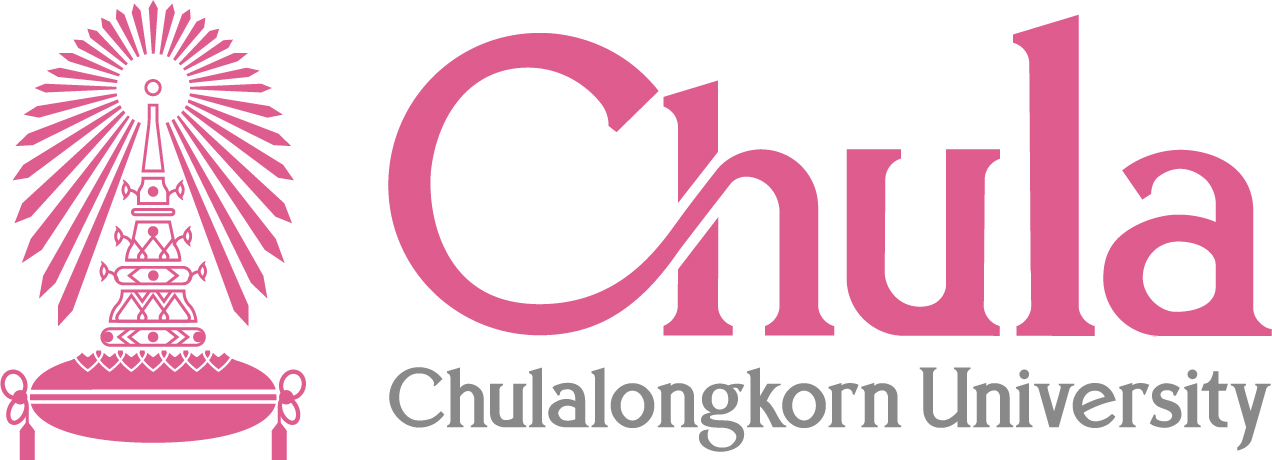Newswise — The Chulalongkorn University Transportation Institute (CUTI) is now part of a winning consortium in the Volvo Research and Educational Foundation’s (VREF) International Research Program on Informal and Shared Mobility in Low and Middle-Income Countries. The three-year, $1.7 million (USD) project, titled ‘An Equity, Ecosystems, and Engaged Approach to Informal Transport and Shared Mobility,’ adopts a collaborative grassroots approach to knowledge creation. The initiative is set on establishing seven living labs in Asia, Latin America, and Africa, aiming to gain insights into how operational, financial, regulatory, and governance changes can enhance shared mobility services. Led by Columbia University’s Climate School’s Center for Sustainable Urban Development, these labs focus on improving access, services, working conditions, emissions reductions, and public health.
CUTI will oversee the Bangkok living lab, concentrating on the electrification of informal transport modes such as motorcycle taxis and three-wheeled tuk-tuks. Research will delve into electric motorcycle and battery technology, affordability, business models, and regulations. The project, led by Dr. Saksith Chalermpong, Dr. Lisa Kenney, Dr. Apiwat Ratanawaraha, and Dr. Ornicha Anuchitchanchai, addresses the vital need for sustainable transportation in Bangkok.
“Bangkok residents rely on informal transport modes daily for commuting, connecting to mass transit, and delivering goods. While electric cars gain attention in response to efforts to reduce emissions from transportation, these informal types of transport modes are often overlooked. This global research project allows us to strengthen our global network, learn from similar countries, and spotlight Bangkok and Chulalongkorn University in our pursuit for a more sustainable transportation system,” said Dr. Saksith Chalermpong, Assistant Director, CUTI.

